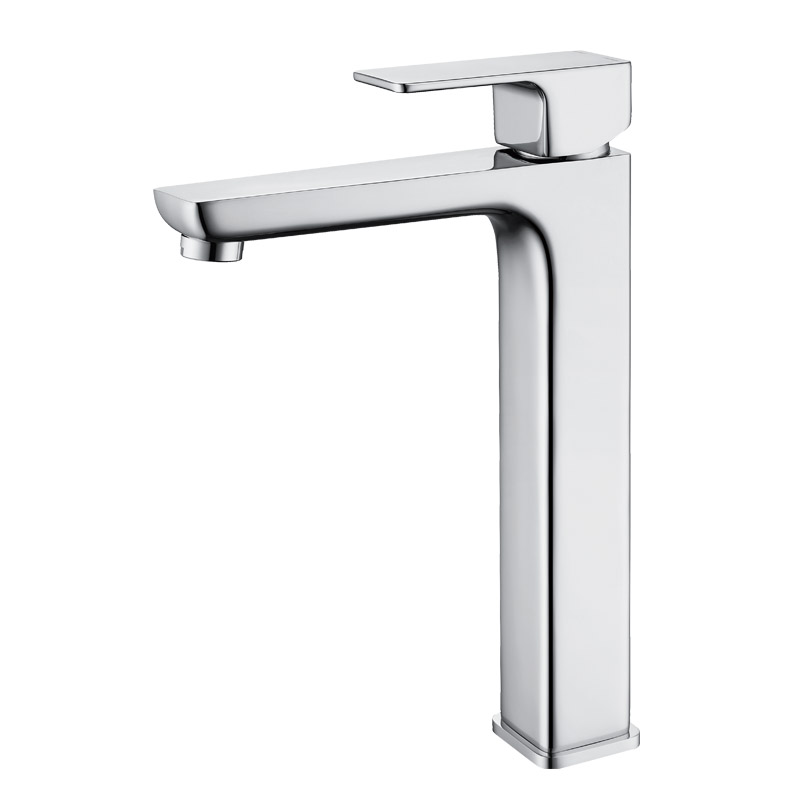
Are you preparing to introduce your sanitary ware products to the discerning French market? Understanding the intricacies of securing ACS certification is paramount for ensuring compliance with stringent French regulations and standards. Here's a comprehensive guide to navigating the application process for French ACS certification with finesse and precision.
Understanding ACS Certification
Initiated by the French Ministry of Health in 1997, ACS certification stands as a hallmark of quality assurance, affirming that products in direct contact with drinking water adhere to mandatory standards for entry into France. While representations of the ACS icon may vary in global trade, the focus remains steadfast on adherence to the Attestation de Conformité Sanitaire standard rather than specific logo variations.


The Significance of ACS Standards
Mandated by the Directorate of Health since 2006, the ACS standard serves as a robust regulatory framework aimed at governing the manufacturing processes of equipment designed for pumping and storing water destined for human consumption. Its primary objective is to safeguard against the introduction of harmful substances and preserve the pristine taste and quality of drinking water.
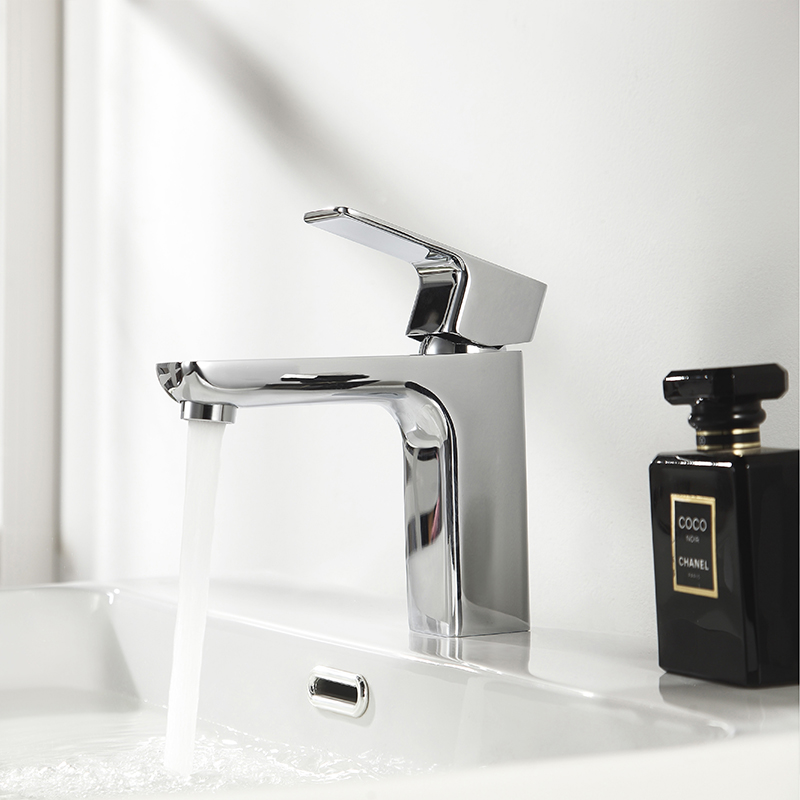
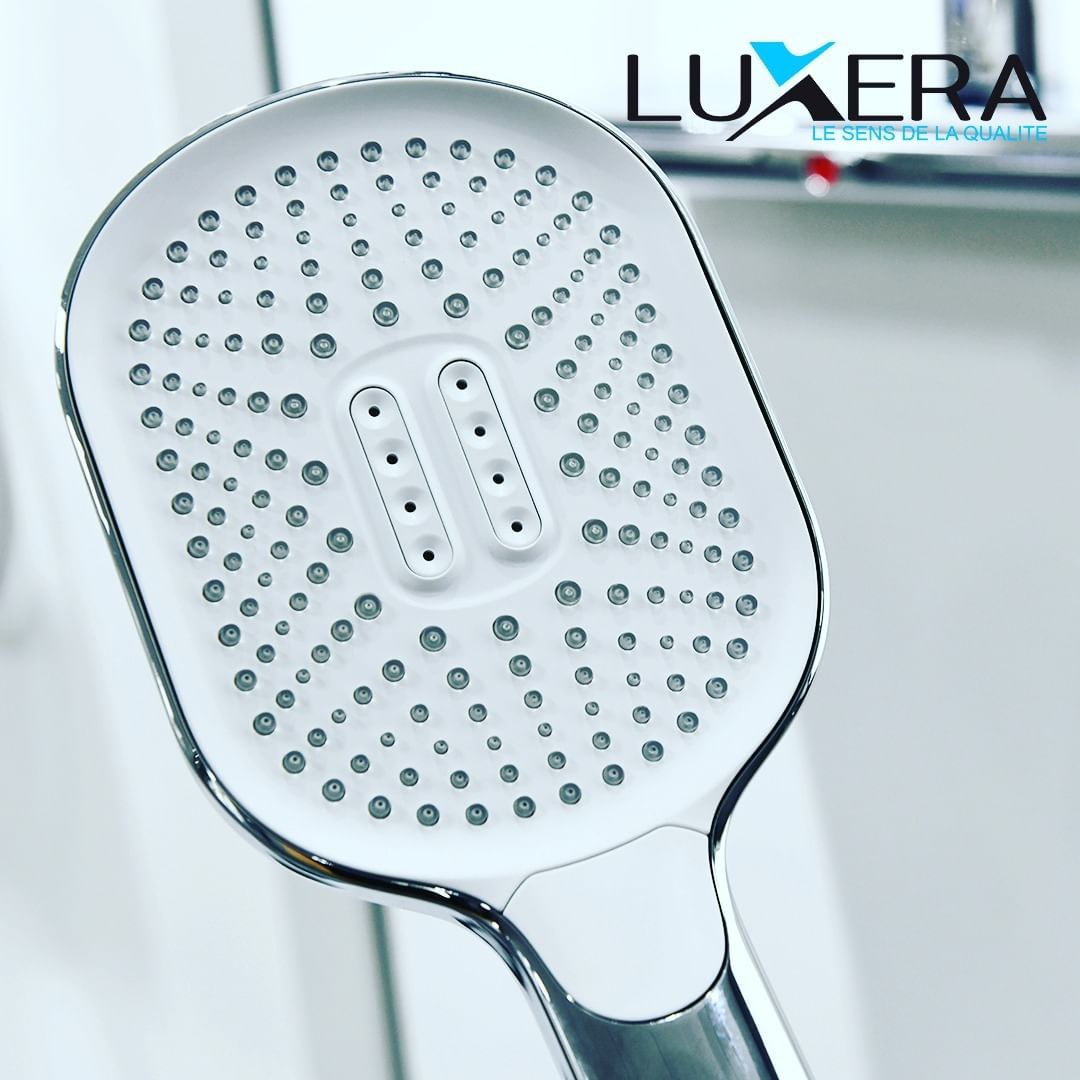
Scope of Products Covered by ACS Certification
ACS certification casts a wide net, encompassing an array of products integral to water storage, transportation, and delivery systems. From pipe coatings, polyethylene, and polypropylene to PVC pipes, seals, faucets, showerheads, thermostatic faucets, pumps, valves, and beyond, ACS certification leaves no stone unturned in ensuring the integrity of water-related infrastructure.
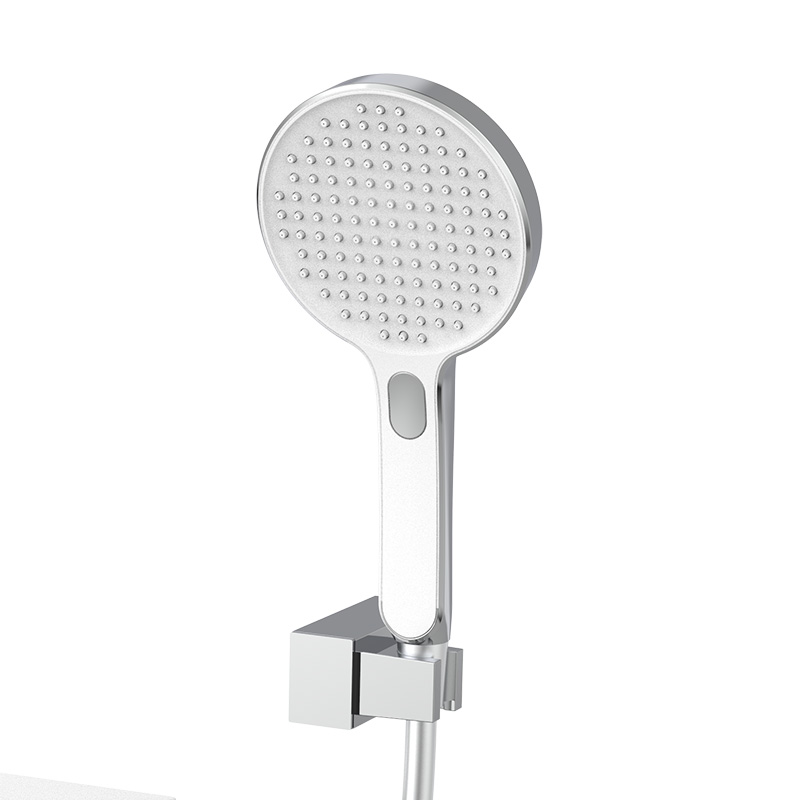
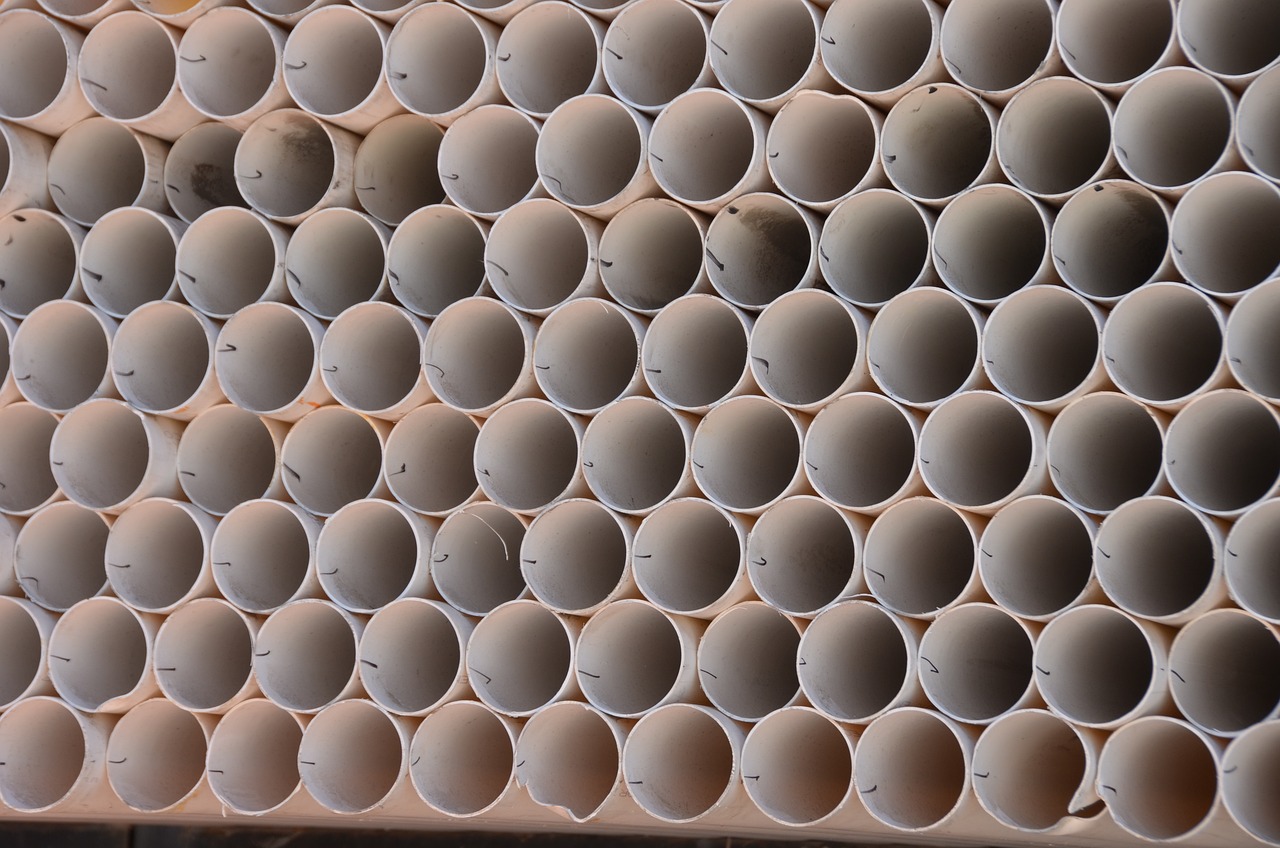
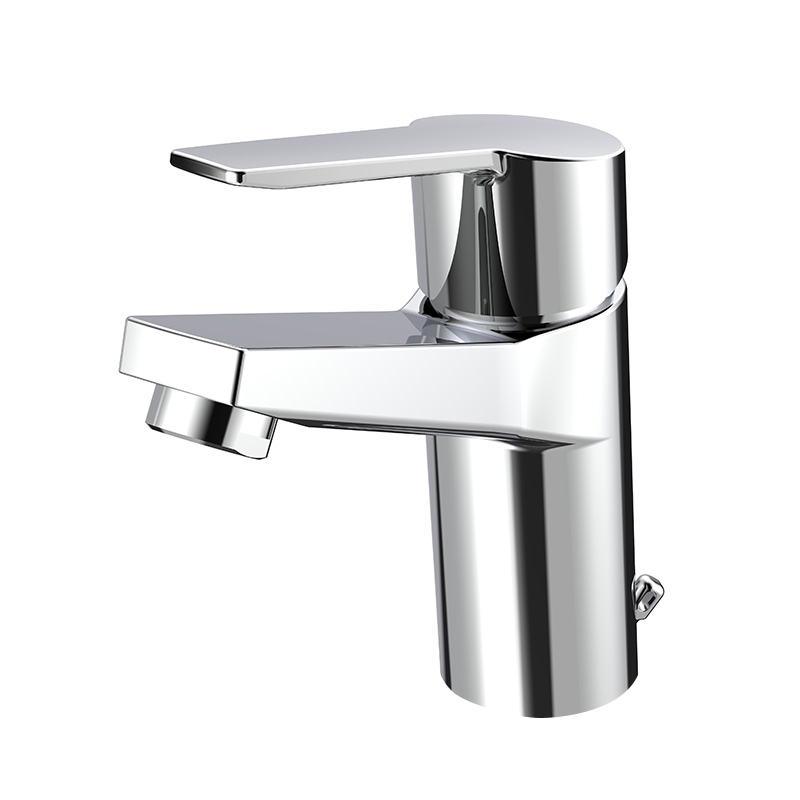
Certificate Validity and Renewal Protocol
- ACS certification boasts a five-year validity period, alleviating the need for recurrent factory audits.
- Nonetheless, prudent planning is imperative to preempt certification expiration and mitigate potential disruptions to market access.
- Proactive renewal efforts should commence well in advance to uphold seamless market penetration.
Navigating the Certification Process
Embarking on the journey toward ACS certification entails a meticulously orchestrated sequence of steps.
- Submit the certification application;
- Furnish the requisite documents for certification, including material formulas, drawings, instructions, and parts certification documents;
- Conduct relevant tests and procure test reports. If each water-passing component in the product holds an ACS certificate, testing may be waived;
- Acquire certification;
Pioneering Quality Assurance with ACS Certification
Whether collaborating directly with the manufacturer or distributor, ensure possession of the ACS certificate aligning precisely with the requested product. When reviewing a certificate, prioritize attention to these four critical elements:
- The coherence of the mixture number (or commercial name) with the reference system for the relevant product;
- The specification of the certified product;
- Accuracy of color and description for the certified products;
- Verification of the certificate's validity period.
Charting a Course for Success
While the path to ACS certification may appear labyrinthine, armed with the insights gleaned from this guide, you possess the acumen and foresight necessary to surmount any obstacles. Embrace the opportunity to showcase your dedication to quality and forge enduring partnerships in the dynamic landscape of the French market. With ACS certification as your compass, chart a course toward unparalleled success and prominence on the global stage.
